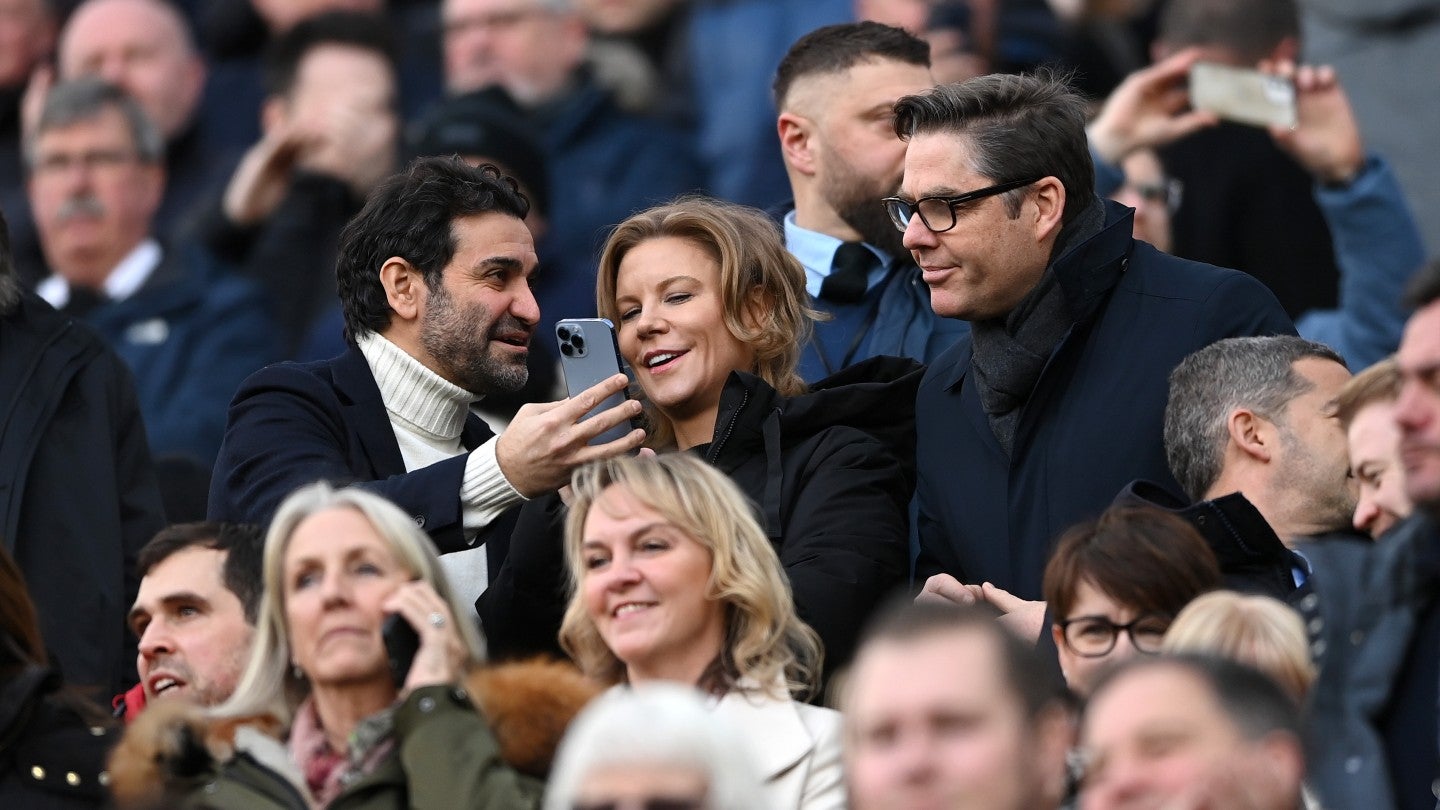
English soccer’s Premier League will prevent individuals found to have committed human rights abuses from owning top-flight clubs as part of its new rules.
Human rights abuses, based on the Global Human Rights Sanctions Regulations 2020, are among several "disqualifying events" under a tightened owners' and directors' test (OADT) announced by the league yesterday (March 30).
Individuals subject to UK government sanctions will also be banned. The changes to the OADT will come into effect immediately.
The new rules were unanimously approved by the 20 Premier League clubs at a shareholders’ meeting held yesterday.
As part of the new measures, the list of criminal offenses that could result in disqualification has been extended to include offenses involving violence, corruption, fraud, tax evasion, and hate crimes.
The league also has new power to stop those wishing to become a director of a club if they are under investigation for conduct that would result in a disqualifying event if proven.

US Tariffs are shifting - will you react or anticipate?
Don’t let policy changes catch you off guard. Stay proactive with real-time data and expert analysis.
By GlobalDataThe English top-flight has additionally extended the group of regulatory authorities where an existing suspension would result in disqualification to now include the Charity Commission, the Financial Conduct Authority, the Prudential Conduct Authority, and HMRC.
Amnesty International has previously criticized the Premier League for allowing a takeover of Newcastle United by a consortium led by Saudi Arabia's Public Investment Fund (PIF) due to the country’s poor human rights record.
The human rights group said the new OADT rules are "a step in the right direction" but warned the league still risked becoming a "sportswashing toy" if the rules were not properly implemented.
The new rules have been introduced at a time when Manchester United, arguably the league’s biggest club, could soon change ownership.
Notably, Qatari banker Sheikh Jassim is among the bidders for the club and the prospect of Qatari investment in a Premier League side has raised concerns among human rights and LGBTQ+ groups.
Qatar, which hosted the 2022 FIFA World Cup, has been heavily criticized for its treatment of migrant workers during the building of stadiums for the tournament.
The Premier League’s new rules also follow proposed plans by the UK government to introduce an independent regulator to govern domestic soccer.
A white paper released in February outlined new legislation that will include an "enhanced" OADT that will replace the current process implemented by the Premier League, the second-tier English Football League, and the Football Association (FA) governing body.
Decisions taken by the Premier League board under the new OADT will now be subject to review by a new, independent oversight panel.
The threshold for 'control' has been lowered to 25%, from 30%, and club chief executives will now be brought within the OADT's scope.
The new process will also be more transparent, with a list of agreed ‘acquisition materials' – information required by the Premier League in order for it to complete its due diligence – will be published as part of a takeover process.
Additional annual due diligence will be conducted on existing club directors to ensure ongoing compliance with OADT, while the league will publish the names of individuals or companies who have been disqualified under the OADT and create an annual compliance report.
The next step will see the English top-tier consult with its clubs and other stakeholders on a further, final package of reforms, to be considered by clubs at the league’s annual general meeting in June.
Meanwhile, Premier League clubs avoided paying £250 million in tax over a three-year period, according to estimates by financial experts.
Tax Policy Associates (TPA), which conducted the analysis, claims that top-flight teams are avoiding tax “on an industrial scale”, by “artificially” structuring their payments to agents.
The firm estimates it cost £250 million in lost tax in the last three years and £470 million since 2015.
According to TPA, clubs at all levels are using an artificial tax avoidance scheme to avoid VAT, income tax, and national insurance/social security.
The UK’s HM Revenue and Customs told the BBC it was investigating "a number of clubs," particularly regarding the use of so-called "dual representation contracts," which sees an agent paid for acting for both the player and the club involved in a transfer or new contract negotiations.
Half the fees are then paid by the club and these fees escape income tax, national insurance, and VAT, TPA explained.
The analysis claims that Manchester City, Manchester United, Arsenal, and Chelsea are the teams to have benefitted most from dual representation in the past few years.
Image: Michael Regan/Getty Images


